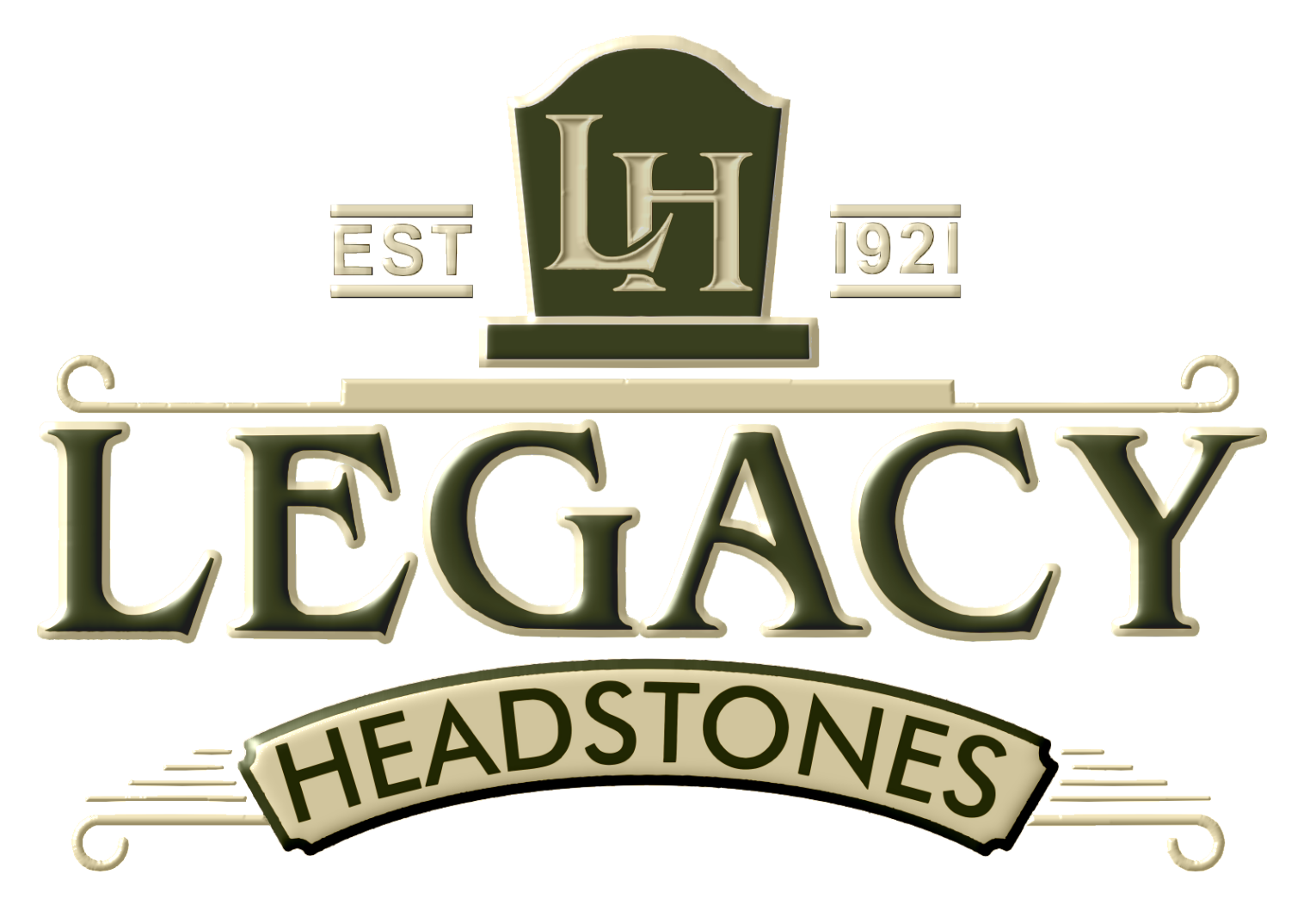Gravestones have changed tremendously over the last several centuries, but one trend lives on: personalization of the grave site. Surviving family members and close friends decorate the final resting places of the deceased with flowers, relics, and other embellishments. One of the most common forms of personalization in cemeteries is that of headstones and surrounds. If you aren’t familiar with headstone surrounds or are interested in purchasing one for a loved one, this guide will explain how they are built and what options are available to you.
What Is a Headstone Surround?
A surround, otherwise known as a kerbed memorial, is a structure that marks and maintains the area just in front of a headstone. Unlike a ledger slab, a surround eliminates the extra cost of covering the full length of a grave. Instead, the surround includes a line of stone that forms a rectangular edge to form the boundary of a burial site. Kerbed memorials are popular because they provide extra opportunity for personalization. The hollow between your loved one’s headstone and the cladding of the surround can be filled with soil, grass, stones, or other greenery.
Headstone surrounds vary in size from single plots to family plots. You can also customize the surround to match the same material and shade of the deceased’s headstone. Surrounds are typically built on a concrete foundation that includes reinforced steel. Most cemeteries have strict guidelines regarding the style of surround you can use. Before you decide to purchase a kerbed memorial for your loved one’s final resting place, we recommend that you check with the church or cemetery where your loved one is buried to ensure that regulations permit concrete or granite slabs.
Both concrete and granite are premium choices when it comes to customizing a headstone surround. Granite is incredibly durable and resistant to weathering. Concrete has a high compressive strength compared to other materials, and the maintenance cost of maintaining reinforced concrete is relatively low. Stone looks particularly striking when the surviving relatives of the deceased decide to plant a garden within the confines of kerbed cladding. This distinct perimeter will allow your loved one’s headstone to stand out in a large cemetery.
If you have any questions about this article or headstones and surrounds, please contact Legacy Headstones today for additional information or further assistance on the subject. We look forward to hearing from you.

